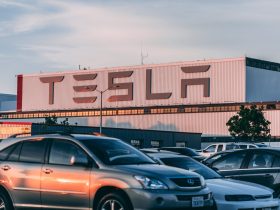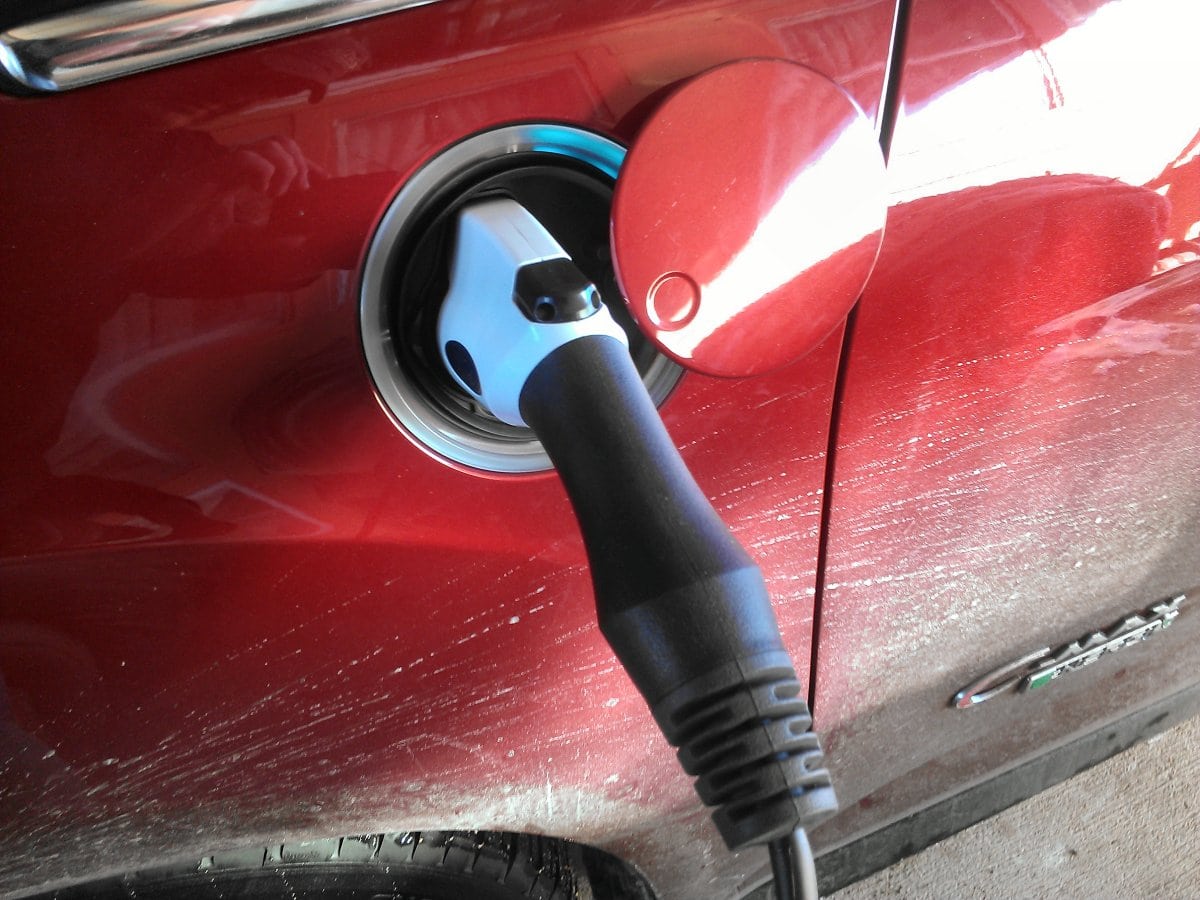
If you don’t know about the Rocky Mountain Institute (RMI) please go over to this quality site for anything under the sun, pun intended, when it comes to alternative energy and its far reaching benefits. RMI has been consistently delivering quality reporting and energy industry insights for years.
Goodbye single kWh commodity, hello provenance.
Are kilo Watts hour (kWh) going the same way as grocery shopping has gone the past few years? More to the point, how will this influence potential electric vehicle (EV) buyers? Will this force many to build solar panels and other alternative energy production systems on their private properties?
According to this latest RMI’s blog post, de-commoditization of kWh has to happen. Who’s to blame? An increased awareness among consumers demanding to know where and how. What was particularly interesting about this post is that the author, Peter Bronski rightfully observes how the food industry has transitioned from commodity food, to specialized and provenance.
You might recall a decade ago, not too many food labelled where it came from, and even less if was non-GMO, genetically modified produce. These days, more consumers buy stock food, eggs, beans, vegetables with an eye out for provenance and quality, then prepared commodity, generic, and often GMO produce. The problem is that consumers are becoming more aware, and are concerned with where and how their food was produced.
This is a great parallel Peter makes with the energy sector. He argues that utilities will have to embrace a kWh provenance tariff. What this means is that utilities are well positioned to charge more or less depending on where and how the electricity was produced. If this scares you, it should, at least for the short-term. RMI also pointed out on a previous post entitled: RMI Top Ten Clean Energy Developments. It found that alternative energy was cheaper last year in certain states then petroleum, coal or so-called natural gas.
Let us know your thoughts and concerns in the comment section below.






